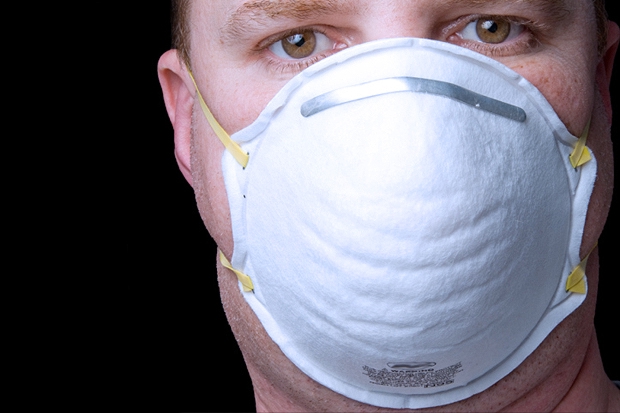Most likely in the end of February more EU citizens per capita will be vaccinated than British / Measures against the virus necessary because only small part of the population can be vaccinated worldwide / EMA plans to give approval to vaccine Moderna on 6 January
“The role model for the fight against Covid-19 is Ireland, not the UK”, this stated the health spokesperson of the largest political group in the European Parliament (EPP, Christian Democrats) Dr med Peter Liese. Liese expressed that a slightly earlier start of the vaccination campaign in the UK will not really make a difference in the fight against the pandemic.
In the next two months, no country in the world will have enough vaccine to really make a difference. It is important to prioritize the high-risk group but because the vaccine is short globally, there will not be enough to vaccinate the high-risk group until February or March and definitely not in the UK (see below). That is why it is important to use the existing measures against the virus, which means to reduce risky contacts. A good example is that London went to a lockdown Tuesday this week even though Britain started to vaccinate some people the week before”, says the MEP and medical doctor.
“The role model is Ireland because even though they had very high figures in October, much higher than in other European countries (7 day incidence rate in October: 165), they came down to an incidence rate of 46 after a very intelligent policy to reduce the virus load. In my view, a very strict ban of receiving people at home with targeted derogation for people in risk of isolation and a targeted derogation for meeting people outside is key. The virus spreads 18 times more easily in closed rooms than outside. Most of the other European countries have not respected this scientific evidence enough in their concrete policy. Additionally, there was a strict obligation to do home office whenever possible. With this policy, Ireland brought down the figures and the Irish vice Head of Government Leo Varadkar said in the EPP group last week that there have been days where no one died from Covid-19. Ireland was even able to open restaurants and even gyms. This is the way forward also for other European countries”, says Liese.
To underline his point, Liese quoted the publically available figures on the vaccine contract of the UK and the EU. While the amount of vaccine that the EU and UK will get from the first approved vaccine BioNTech/Pfizer are quite similar per capita (0.67 vs 0.61) the second vaccine in line which will probably be approved before 6th of January in the EU, the EU has reserved much more vaccine. We have three times more vaccine from Moderna (0.36 vs 0.11). That will make a big difference in spring. I am optimistic that EU citizens in the high-risk group and medical staff will all have a chance to be vaccinated before the end of March. That will change the character of the pandemic immediately. If we follow the Irish example, we can bring figures down and open many places again by the end of January. If we then have vaccinated most people in the high risk group and the medical staff together with the spring-effect a much more normal life is possible from April or May on. Even then, the pandemic will not be over because it is also important to vaccinate people that do not belong to the high-risk group and I cannot say if this will happen until summer or only in autumn. We need to be patient but there is definitely light in the end of the tunnel: In January/ in April/ in summer or autumn”, concludes Liese.



